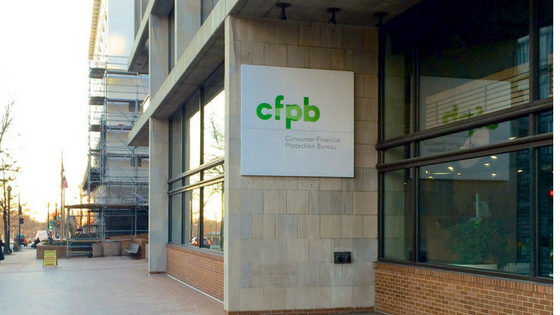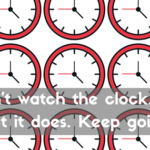Editor’s Note: This article has been updated to reflect that while the information may have been published last week about the CFPB’s plan to issue a proposed debt collection rule by February, that information was submitted to the Office of Management & Budget’s Office of Information and Regulatory Affairs before former director Richard Cordray resigned and was replaced by Acting Director Mick Mulvaney, a transition that will likely impact the original timeline. Thanks to Joann Needleman from Clark Hill for pointing out this discrepancy.
The Consumer Financial Protection Bureau says it is still targeting next February for releasing its proposed debt collection rule, according to data posted last week by the White House’s Office of Management & Budget’s Office of Information and Regulatory Affairs. But that information was submitted to the OIR prior to former director Richard Cordray resigning and being replaced by Acting Director Mick Mulvaney.
The OIR published updated their rulemaking projections from all federal agencies last week. The information is dated Fall 2017, and, at least in the case of the CFPB, was likely submitted long before Cordray resigned on Nov. 24. When asked during a meeting with reporters on Dec. 4 about pending rules, including the debt collection rule, Mulvaney said:
We put a hold on all new rules, new rulemaking and regulatory promulgation until I get a chance to look at them on a case-by-case basis. I am going to need my political team in place to do that effectively because, quite simply, I don’t know enough about it. Having Brian here helps a lot, but I’m going to need some more firepower from folks here to actually understand the details of the rules and the regs before I have an informed opinion on those. So I think you can expect the rulemaking to stop for a while.
The process to issue a new rule on debt collection began more than four years ago. Since then, the proposed rule has moved steadily, but slowly, through the rulemaking process. A set of proposed guidelines set to be included in the rule were released in July 2016 in advance of a hearing under the Small Business Regulatory Enforcement Fairness Act. But after many concerns were raised about some of the ideas included in the guidelines, the CFPB announced in June that it was taking a step back and re-evaluating how it would attack a debt collection rule. In July, the agency announced that it would focus on disclosures being made to consumers by third-party collection agencies in its proposed rule. The components of the rule that dealt with requirements for collection agencies to verify the legitimacy of a debt before collecting on it were removed from the proposal, and instead would be added to a separate rule governing first- and third-party collections. The industry largely applauded the CFPB’s decision.
Last week, the CFPB announced it was withdrawing a request to conduct a survey of consumers on debt collection disclosures. What impact that withdrawal will have on the proposed rule or its release was not announced.








